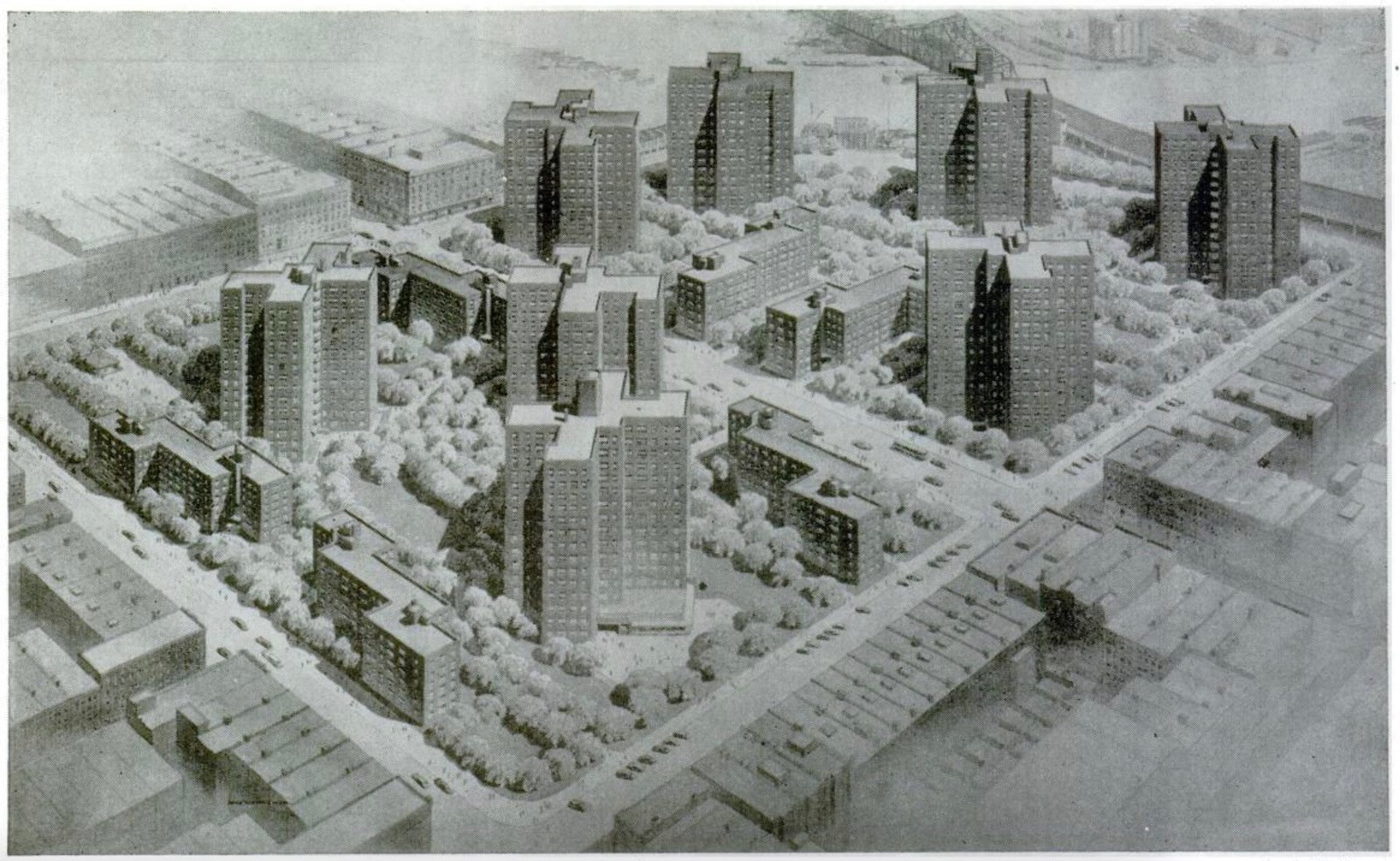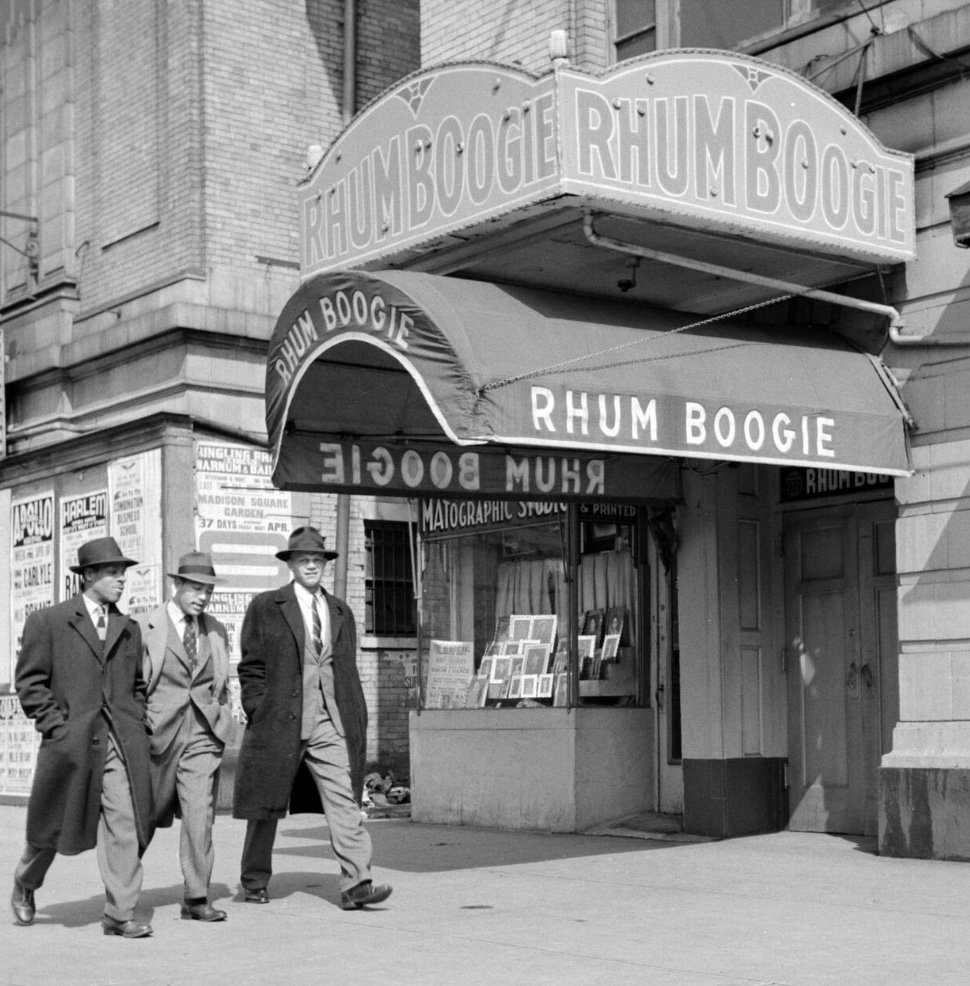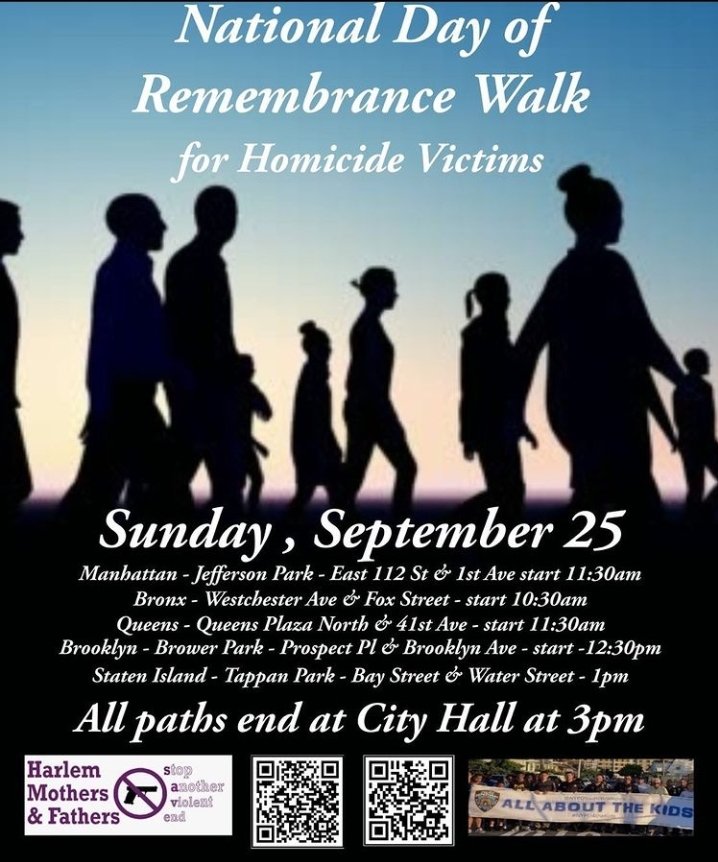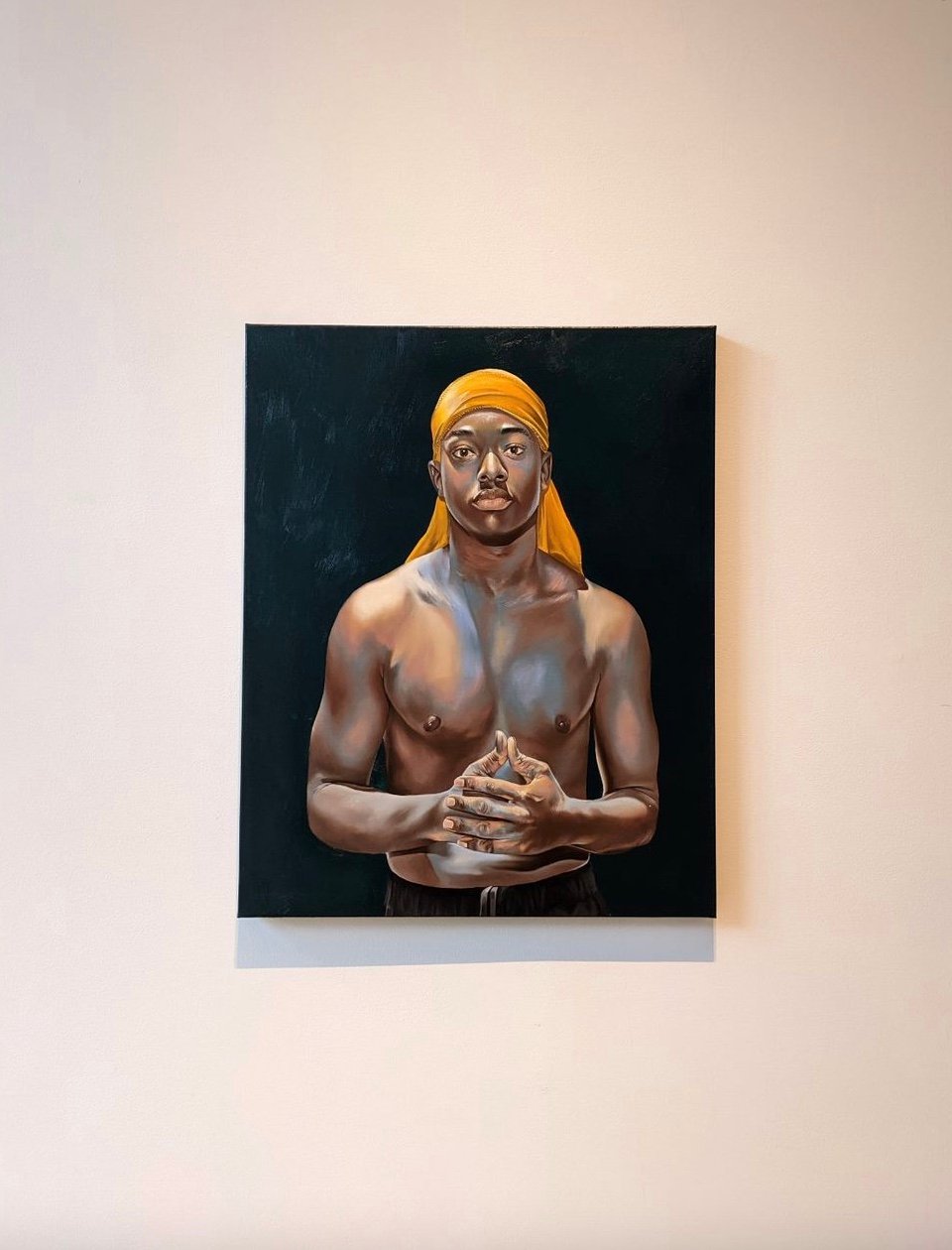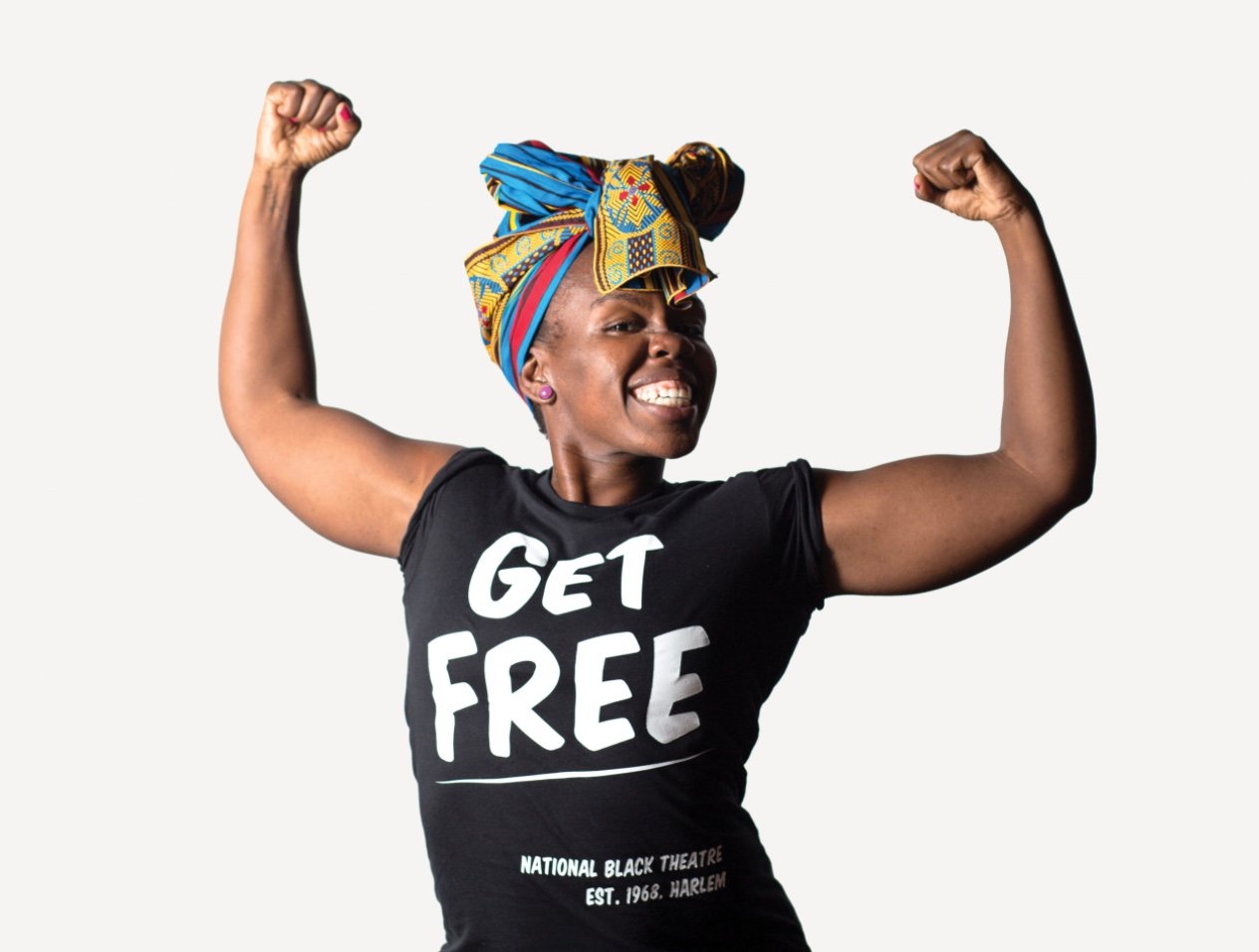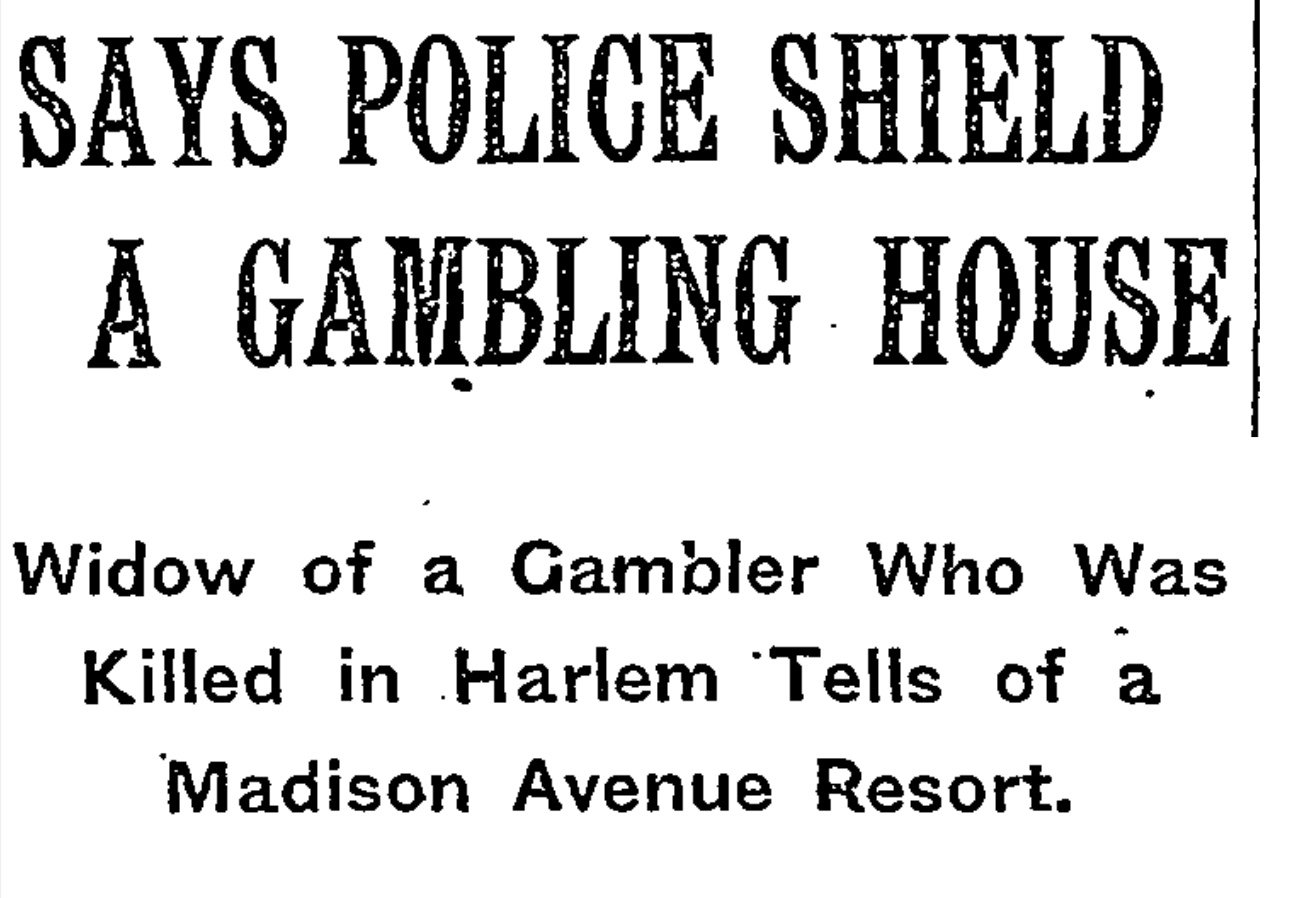Tag: Claire Oliver Gallery
-
Register for the Candidate’s Forum Next Week
Join The Greater Harlem Coalition and MMPCIA at next week’s Harlem City Council Candidates’ Forum. The forum will begin at 7 PM on Thursday, April 27th. Harlem’s current City Councilmember declined to attend. If you have questions for the candidates, fill out this form after registering for the Zoom webinar. Claire Oliver Gallery Make sure…
-

Rhum Boogie
Ebay has a 1943 image of Rhum Boogie, and three dapper men walking past: The song, Rhum Boogie has the following lyrics: All Harlem’s got a brand new rhythmAnd it’s burning up the dance hallsBecause it’s so hot.They took a little rhumba rhythm,And they added boogie-woogie,And-a look what they’ve got Rhumboogie.Rhumboogie-woogie.It’s Harlem’s new creationWith a…
-

Claire Oliver Gallery Fall Exhibit
Claire Oliver Gallery is currently exhibiting: When You See Them, You See Me, the debut solo exhibition by artist Robert Peterson. Featuring 13 life-scale oil on canvas figurative paintings. Peterson aims to capture time through his art, highlighting Black family life as joyous, loving, and balanced. “This exhibition is extremely personal to me as it…
-

National Day of Rememberance Walk
On Sunday, September 25th you are invited to walk with us for the National Day of Remembrance. In Harlem/East Harlem we will begin our walk at 112th and 1st Avenue ending at City Hall. We walk in honor of our friends, family, and community members that were lost to senseless violence and we walk together…
-

New Group Exhibit At Claire Oliver Gallery
Be sure to check out the new group exhibit at the Claire Oliver Gallery on ACP, just below 135th Street. It’s a strong selection of artists represented by the gallery and scheduled to have a solo show in the next year: Barbara Earl Thomas, Adebunmi Gbadebo, Robert Peterson, Stan Squirewell, Gio Swaby, and introducing the…
-

See Stan Squirewell at Claire Oliver Gallery
Make sure to head over to the Claire Oliver Gallery (2288 Adam Clayton Powell Jr. Boulevard at 134th – www.claireoliver.com) to check out Stan Squirewell’s premiere solo exhibition. Squirewell’s work examines who curates and controls the narratives that become accepted as history; from what perspective is history written, whose stories are told, and whose are…
-

Hue Arts: The Brown Paper
Hue Arts has released a Brown Paper on the experiences and realities of Black, Latinx, Indigenous, Asian, Pacific Islander, Middle Eastern, and all People of Color arts entities. The project seeks to reveal the value they bring to their communities and to the cultural ecosystem of New York City as a whole. Ensuring that arts…
-

ACP
Today is Adam Clayton Powell Jr.’s birthday and I wanted to share two of my favorite photos of him: This first one is from the 1930’s at Colby where he studied. The contrast between the sharp image on the right, and the ‘brushed’ image on the left is fascinating. This second image comes from 1968…
-

Fantastic Exhibition at Claire Oliver Gallery
Make sure to head over to the Claire Oliver Gallery: https://www.claireoliver.com/ to see the amazing exhibit of Gio Swaby. Her work has been collected by major art institutions, and she is considered a rising art-world star. The Claire Oliver Gallery is located on Adam Clayton Powell, on the west side between 134/135.
-

1939 Madison Ave. Used As Gambling House
100 years ago the New York Times reported breathlessly on an illegal gambling house at 1939 Madison Avenue (between 124/125). The charges leveled in court and in the newspaper allege that not only was gambling occurring, but debts were not paid, and the local police were on the take. For the full article, see: Claire…
